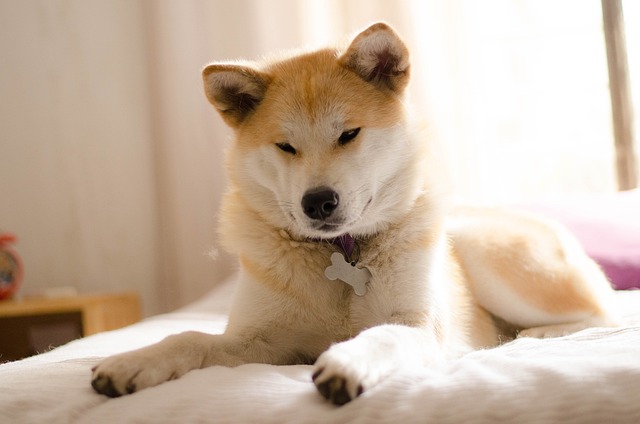
How do i train my dog to be obedient?
Watching your dog dart across the park ignoring your calls isn’t just frustrating—it can put them at risk near busy streets or public spaces.
Bringing home a Shiba Inu puppy? Their spunk and fluff are adorable, but potty training this independent breed needs patience—and a plan. Shibas value cleanliness and hate being told what to do, so gentle consistency is key. Here’s how to teach your pup without power struggles.
Start with a strict schedule. Puppies need to go out right after waking, eating, playing, and before bed. Their tiny bladders and den instincts mean routine builds trust fast—they’ll learn what’s expected when every bathroom break is predictable.
Pick one potty spot (grass, balcony patch) and stick to it. Shibas rely on smell, so consistency helps them associate the spot with “business.” Apartment dwellers can use pads temporarily, but transition to outdoor training ASAP—always clean up in public areas to follow local waste laws.
Shibas thrive on praise, not punishment. When they go in the right place, celebrate with treats and excited words—make it feel like a big deal! Accidents happen; just clean them quietly with enzymatic cleaners (no scolding—they’ll shut down or get stubborn).
 Watch for subtle signals: sniffing, circling, or freezing mid-play. Act fast—scoop them up and head to the potty spot. If they start indoors, gently interrupt (a soft “no”) and carry them out. No yelling—calm redirection works better for their sensitive nature.
Watch for subtle signals: sniffing, circling, or freezing mid-play. Act fast—scoop them up and head to the potty spot. If they start indoors, gently interrupt (a soft “no”) and carry them out. No yelling—calm redirection works better for their sensitive nature.
Mealtime timing matters. Feed at set times daily and limit water after 7 PM to avoid night accidents. Wait 10–15 minutes after eating/drinking to take them out—their bodies will link “outside” with bathroom breaks, building a reliable routine.
Crate training is great for Shibas, who hate soiling their den. Make the crate a cozy, positive space (never a punishment). Puppies under 6 months need out every 1 hour per month of age—don’t leave them too long, or accidents happen.
Stubborn Shibas? Stay calm during outdoor hesitations. Stand at their spot, don’t let them play, and reward instantly when they go. They’ll connect “quick potty = treats” over time—even in rain or cold, patience pays off.
Expand freedom slowly. Start with supervised time in a small, puppy-proofed area. As they get reliable, let them explore more—but always watch closely. Shibas are pros at sneaking off to pee in hidden spots if they think you’re not looking!
Remember, Shibas are loyal but independent. Training is a partnership, not a battle. Celebrate small wins, stay consistent, and respect their need for clear, gentle guidance. Every accident is a learning moment, and every “good job” builds trust.
Potty training a Shiba puppy takes time, but their natural cleanliness and your patience will pay off. Soon, those indoor messes will be history, and you’ll enjoy stress-free snuggles with your well-trained, happy pup.

Watching your dog dart across the park ignoring your calls isn’t just frustrating—it can put them at risk near busy streets or public spaces.

New puppy owners often find themselves rushing to clean up accidents before they set in, and that’s where puppy pad training becomes a game-changer.

If you've noticed your dog's waistline disappearing and your veterinarian has mentioned those few extra pounds, your first instinct might be to simply reduce the amount of food in their bowl.

Training a dog to use a designated spot indoors isn’t as daunting as many new owners fear, but it does take consistency and an understanding of your pet’s needs.

That moment of dread on a walk is all too familiar for many new dog owners. You see another dog approaching down the sidewalk of your neighborhood

If the sight of another dog on your neighborhood walk makes your heart sink as your own dog erupts into a frenzy of barking and lunging, you're not alone.